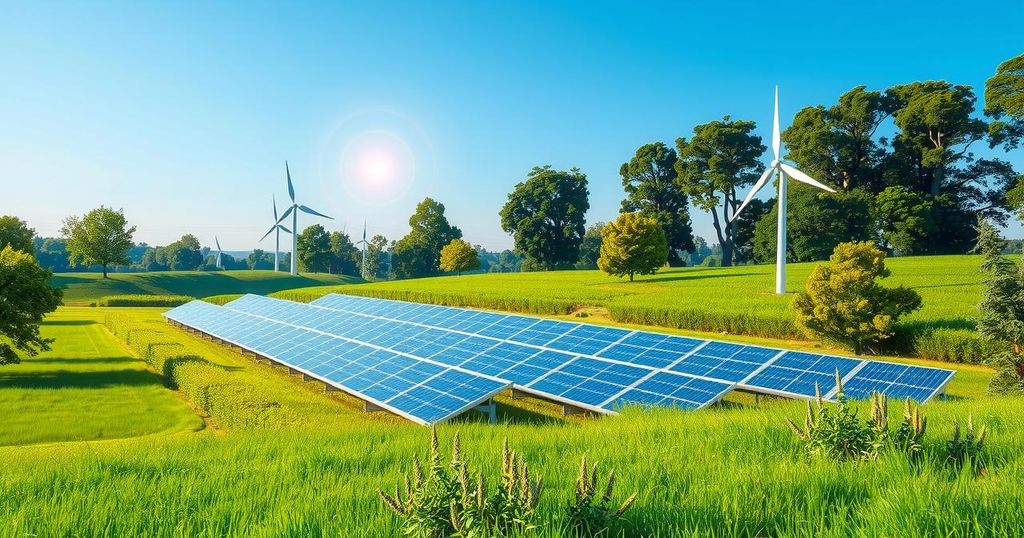TotalEnergies is considering sourcing green hydrogen from Brazil for its European refineries to enhance sustainability. This move reflects a commitment to renewable energy as Europe seeks greener fuel options. While advancing this initiative, TotalEnergies faces legal challenges in France related to previous operations in Mozambique.
TotalEnergies, a leading energy company, is exploring opportunities to import green hydrogen from Brazil to supply European refineries. This initiative aligns with the growing demand for sustainable energy resources globally, particularly in Europe, which is seeking to transition towards greener fuel sources. Brazil’s potential for producing green hydrogen is being recognized as a significant factor in meeting these energy requirements in the European market.
The project comes as TotalEnergies intensifies its focus on renewable energy, particularly green hydrogen, which is pivotal for achieving carbon neutrality goals. The Brazilian initiative is critical as European refineries aim to reduce greenhouse gas emissions and enhance environmental sustainability. This strategy reflects a broader trend in the energy sector towards integrating cleaner technologies.
In related news, TotalEnergies is also facing legal challenges in France regarding past operations in Mozambique, where the company is under investigation for alleged manslaughter. Concurrently, investors are increasingly focused on climate-related impacts, affecting TotalEnergies’ operational reputation and strategic decisions. Despite these challenges, the pursuit of green hydrogen reflects a forward-looking strategy amidst the evolving energy landscape.
In conclusion, TotalEnergies is strategically pursuing green hydrogen imports from Brazil to meet European refinery demands, signifying a proactive step towards sustainability. This initiative not only aligns with global energy trends but also supports the reduction of emissions. However, the company is concurrently navigating legal obstacles in France, highlighting the complexities in the current energy market.
Original Source: www.marketscreener.com






